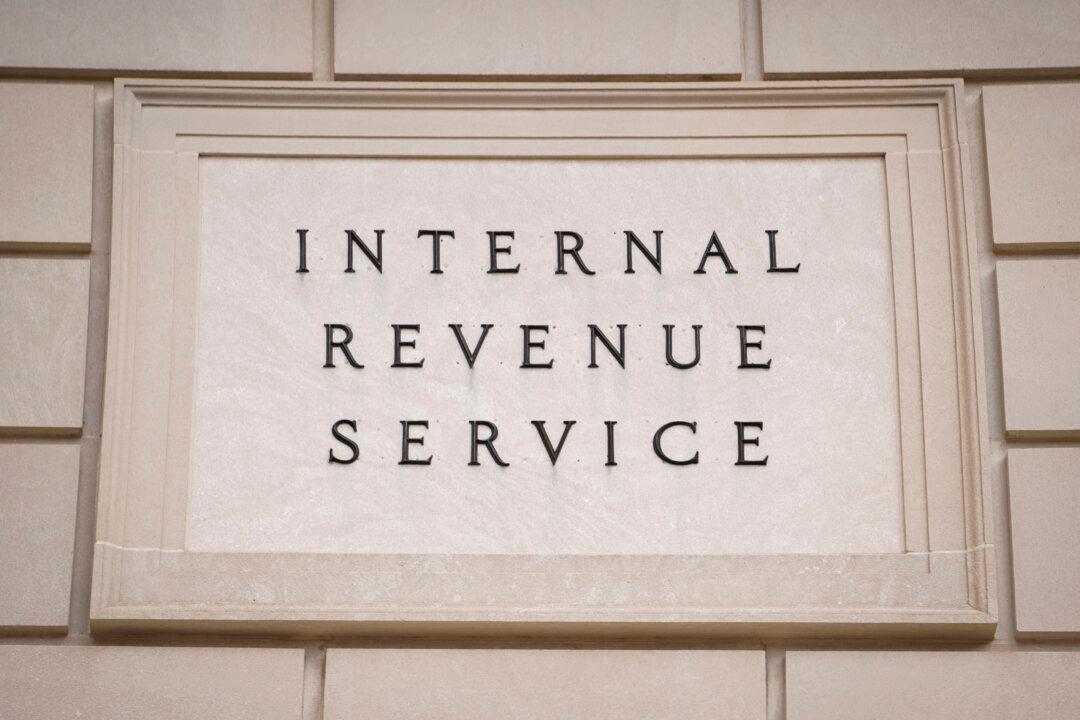Commentary
Sen. Ron Wyden (D-Ore.) has proposed a “billionaires tax.” Laughably, the first thing you notice about it is that it targets trusts value at ... $100 million. To the insatiably greedy and shamelessly profligate federal government, some $34 trillion in the red, a pittance such as $900 million is a mere rounding error. Still, Mr. Wyden must have thought that christening it a mere “multimillionaires tax” wouldn’t engender a sufficient level of envious rage among the masses in the great class warfare struggle.





